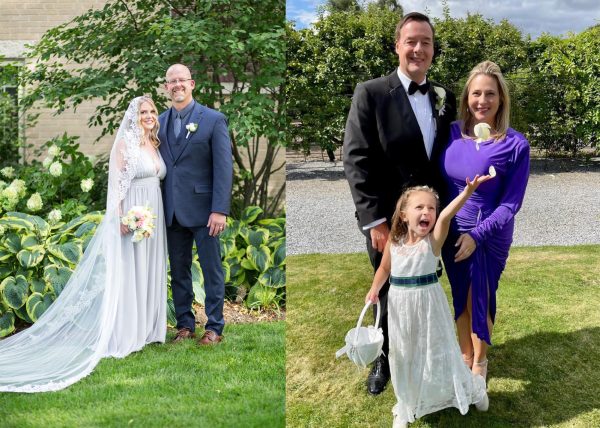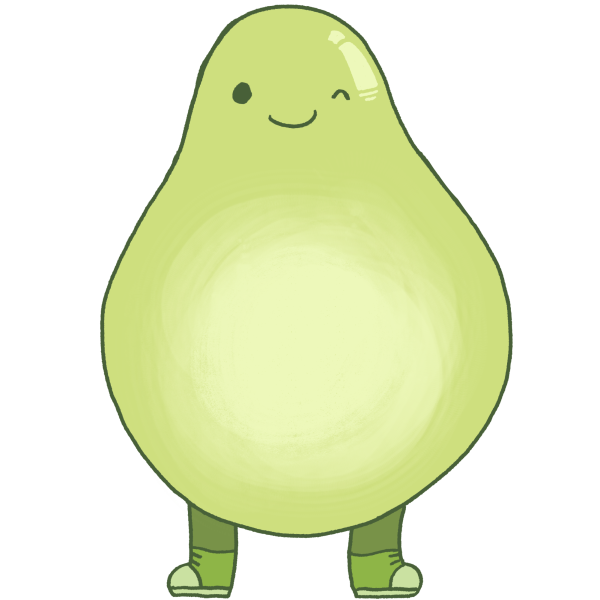South encourages student passion for poetry
May 25, 2016
Phrases such as “thou art a beauty” or words like “boring” and “Shakespeare” may be things that pop up when hearing the word “poetry.” Rather, according to Thomas Kucharski, English Department instructional supervisor, poetry is a form of expression, and he wanted students to experience this through Poetry Week which was held from April 18 to April 22 in honor of National Poetry Month in April.
“Poetry gives us an opportunity to be truly creative with words,” Kucharski said. “And I want our students to feel that power that comes along with expressing themselves.”
Yet, the latter is only one of many reasons GBS decided to hold Poetry Week. According to English teacher Nicole Pilotte, she realized that students are fearful when approaching poetry. Therefore, Poetry Week helps students to discover a personal meaning within poems.
“I think often times when students hear the word poetry, they feel really intimidated, right?” Pilotte said. “They think it’s going to be really boring or challenging. And so, we’re hoping that students can see poetry as really more relevant to their lives. It’s not always about dissecting poems. It’s about reading them and finding meaning in them for themselves.”
Pilotte explained her personal experience in class that showed the effects of Poetry Week.
“We did an activity [during Poetry Week]… and [the students] heard poetry and they were like, ‘Ugh,’” Pilotte said. “[But by the end,] the class were like, ‘That was really fun actually.’ And that is why I’m doing it. It’s to give them these experiences.”
According to senior Erica Gelman, she has been involved in Poetry Week since freshman year and explains that the experiences she had in class were enjoyable.
“My favorite Poetry Week, though, [was] my freshman year in English, we told our favorite poems,” Gelman said. “The fact that you’re choosing your favorite poem, I think that that was enough.”
In addition to in-class activities, GBS celebrated Poetry Week through school wide events. Gelman said one of her favorite parts was the poems posted on the doors of GBS which were submitted by the Senior class.
“So I’m a senior now, so every [poem] that’s on the door […] seniors do that,” Gelman said. “So I got to choose my own poem. [….] So I thought that was really cool, because I always wanted to be a part of that and finally I was.”
Kucharski spoke of the impact of these poems to GBS and the positive effect they can have on the mindset of students prior to engaging in poetry in a classroom setting.
“Your surroundings have a huge impact on how you think and how you feel,” Kucharski said. “So when we put up a little bit of art, put up a couple of poems, I think it really lifts our spirits, and perhaps even helps us get in the space where we’re ready to learn or ready to think a little bit more deeply.”
Poetry contests were also held in both the English Department and the Foreign Language Department. French teacher Catherine Klahn spoke specifically about a submission that won the foreign language contest.
“There were [two] students of the Japanese language who wrote poems that were inspired by the tsunami that happened two years ago,” Klahn said. “And they wrote… original poems in Japanese…. And that was wonderful, just for me personally to see that sort of involvement in the foreign language.”
The final event concluding Poetry Week was the open mic session in the library during all lunch blocks on April 22. Kucharski described the atmosphere of the open mic and the effect poetry reading had on other students.
“It was like a little cafe within the library,” Kucharski said. “One of the coolest thing was [….] towards back of the library… typically there’s a lot of people just chatting. But as soon as somebody got up and started to read a poem, you could hear the voices going down and kind of listen. [….] So I felt like it was a great background music to that time in the library.”
According to Klahn, the week-long celebration began three years ago from a conversation between English teachers.
“You know, a bunch of English teachers talking around having lunch… we were just talking about how much we thought it’d be wonderful, how much we needed to celebrate something because it was national poetry month,” Klahn said.
According to Klahn, there was no Poetry Week last year, but it was brought back due to the the people who had a lot of fun when it first began.
“[It] came back this year, and I think it’s because people remembered those earlier times when it was very enjoyable,” Klahn said.”… A lot of the same events that we did this year were from those earlier times because they were successful.”
Pilotte hopes to continue this event in the future and possibly unite with Shakespeare fest.
“Shakespeare fest is also going on this week… and I think next year maybe we were seeing if we could combine the two to make it like a celebration of not only poetry, but Shakespeare as well,” Pilotte said.
According to Kucharski, the continuation of Poetry Week would allow students to grow love and appreciation for poetry itself and what poetry can personally convey to the students.
“My hopes is that [students] develop a passion, not only for how beautiful the language can be, but also for how effectively [they] can name things that they are thinking or feeling,” Kucharski said. “Certainly that they appreciate how entertaining or beautiful a poem can be, but also, ‘Wow, that really says something to me.’”










